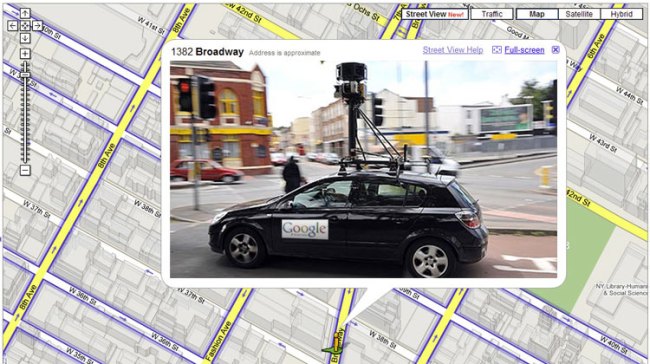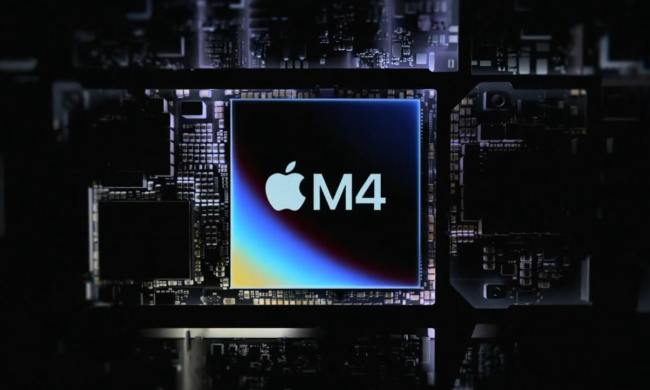 Google may be facing a new legal battle in Connecticut stemming from its controversial Street View program. Last week, Google missed a deadline set by Connecticut’s attorney general to turnover data collected by Street View vehicles from unsecured Wi-Fi networks around the state.
Google may be facing a new legal battle in Connecticut stemming from its controversial Street View program. Last week, Google missed a deadline set by Connecticut’s attorney general to turnover data collected by Street View vehicles from unsecured Wi-Fi networks around the state.
“I am disappointed by Google’s failure to comply with my information demands. We will review any information we receive and consider whether additional enforcement steps — including possible legal action — are warranted,” Connecticut Attorney General Richard Blumenthal said in a recent statement to InformationWeek.
Blumenthal’s office issued a demand on December 10 that Google pass along the information within a week. “We need to verify what confidential information the company surreptitiously and wrongfully collected and stored,” Blumenthal stated, while noting that Google had previously complied with similar requests from other authorities.
Google hasn’t said why it’s refusing to cooperate with Connecticut’s attorney general’s request, but has in the past broadly admitted to accidentally collecting the data and has issued apologies to several national governments.
The vehicles Google employed to photograph streets around the world have been accused of collecting information from wireless networks that included e-mail fragments, URLs, and passwords. Revelation of the privacy breach prompted widespread condemnation of Google and forced the Internet giant to change its methods for the Street View program.
Privacy breaches stemming from Street View have come under investigation in several countries including South Korea, Australia, the U.K., the U.S., and France. Google recently announced that it had successfully deleted all the data it had collected from its Street View operations in the U.K., as demanded following an investigation led by the country’s Information Commissioner.
Connecticut’s legal saber rattling comes as Google’s photo-mapping effort is the subject of a new lawsuit over a privacy breach of another sort. A woman in Japan is suing Google, claiming she suffered psychological distress after photographs of her underwear were published through the Street View mapping service.


